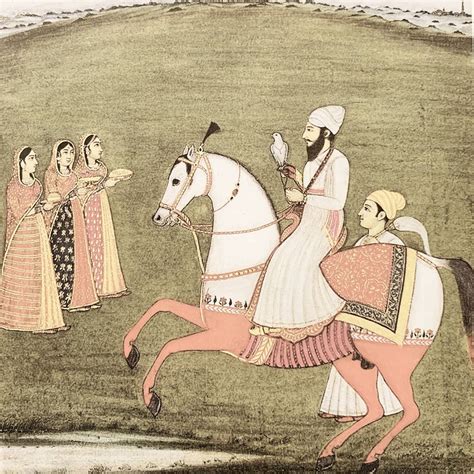Sikhs and Hunting: A Critical Examination
The relationship between Sikhs and hunting is complex and multifaceted, lacking a single, universally accepted stance. While some Sikhs engage in hunting, others vehemently oppose it, highlighting a divergence of opinion shaped by religious tenets, cultural practices, and individual interpretations. This article critically examines this nuanced relationship, exploring the various perspectives and ethical considerations involved.
What Does Sikhism Teach About Respect for Life?
At the heart of this debate lies the Sikh principle of seva (selfless service) and the inherent respect for all life. The teachings emphasize compassion, non-violence ( ahimsa), and the interconnectedness of all beings. The Guru Granth Sahib, the Sikh scripture, repeatedly stresses the importance of living ethically and harmoniously with nature. This profound reverence for life forms the basis for many Sikhs' opposition to hunting. The act of taking a life, they argue, directly contradicts these core principles.
Is Hunting Permitted in Sikhism?
There's no explicit prohibition against hunting in the Guru Granth Sahib. This absence of a direct command leaves room for differing interpretations. Some argue that the emphasis on seva and compassion implicitly discourages hunting, while others maintain that hunting for sustenance in situations of dire necessity might be justifiable. This interpretation often draws parallels with the historical context of the Sikh community, where hunting might have been necessary for survival. However, this argument rarely holds weight in modern contexts where access to food is readily available.
What About Hunting for Sport?
Hunting for sport, however, receives near-universal condemnation within the Sikh community. The killing of animals purely for pleasure or recreation is widely viewed as morally reprehensible, a direct violation of the principle of ahimsa. The focus shifts from sustenance to gratuitous violence, something antithetical to Sikh values. This perspective reflects a strong ethical stance against activities that inflict unnecessary suffering on animals.
Are There Any Traditional Sikh Practices Related to Hunting?
Historically, some Sikh communities might have engaged in hunting for subsistence, primarily to provide food for their families or communities. These instances, however, should not be interpreted as an endorsement of hunting as a practice. The necessity of survival dictated the actions taken, a far cry from the recreational hunting prevalent today.
What are the Environmental Concerns Related to Hunting?
Beyond the ethical considerations within Sikhism, environmental concerns related to hunting add another layer to the debate. Unsustainable hunting practices can disrupt ecosystems, endanger vulnerable species, and contribute to biodiversity loss. These broader ecological implications further reinforce the arguments against hunting for many Sikhs who are committed to environmental stewardship.
Conclusion: A Call for Compassion and Responsible Stewardship
The question of Sikhism and hunting ultimately boils down to a personal interpretation of religious principles and a consideration of ethical implications. While the scriptures don't contain a direct ban, the overarching emphasis on compassion, non-violence, and respect for all life strongly discourages hunting, particularly for sport. For many Sikhs, the act of hunting contradicts the core tenets of their faith and the broader responsibility to protect and conserve the natural world. A responsible and compassionate approach to interacting with wildlife is arguably the most consistent with Sikh teachings.

